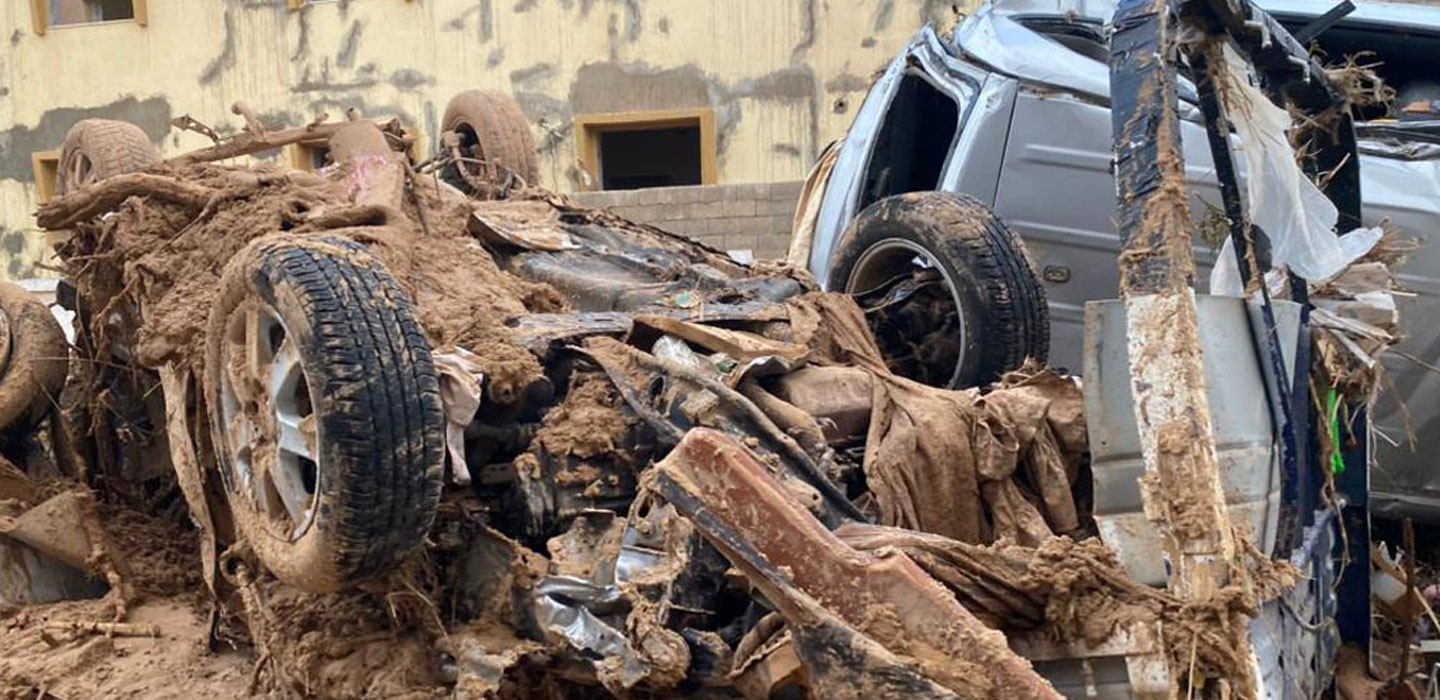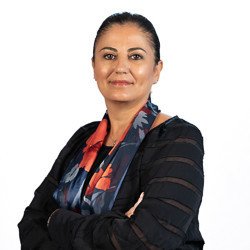North Africa is struggling to cope. The terrible events of this week will become all too familiar unless we invest in resilience
IFAD Asset Request Portlet
Asset Publisher
North Africa is struggling to cope. The terrible events of this week will become all too familiar unless we invest in resilience
By Dina Saleh

I’ve worked in development in the Near East, North Africa, Europe and Central Asia region for over 25 years. I have witnessed conflict, lived through disasters and seen regimes crumble—yet I struggle to think of a more catastrophic time for North Africa than this week.
Over the weekend, I was in touch with colleagues on the ground in Morocco to understand whether they were safe following a devastating earthquake that flattened entire rural communities.
The true impact of the earthquake is yet to be determined as roads are opened and aid slowly trickles in. Hopes of finding survivors are slim, while those who made it through the initial disaster now face a host of new challenges—from finding somewhere safe to sleep to rebuilding their livelihoods once the rubble has been cleared.
IFAD projects, including the Atlas Mountains Rural Development Project, have been impacted, and we are ready to support rural people in Morocco as they recover and rebuild their lives.
The earthquake was a reminder of just how fragile progress can be. Just days later, we received another deadly reminder of this uncomfortable truth when a flood of epic proportions hit eastern Libya, leaving thousands dead and thousands more missing.


Sources: Maxar Open Data Programme; Satellite Map data ©Google
The world watched the shocking situation unfold as information slowly revealed the enormous scale of the disaster. Libya, a country typically burdened by drought, was inundated by Storm Daniel, resulting in massive flooding as two dams burst.
Humanitarian assistance is on its way, but once again we are reminded how people who are already vulnerable are hit hardest by the climate crisis. Like the survivors in Morocco, ordinary Libyans must now surmount the virtually impossible task of rebuilding their lives.
The world is mobilising aid, but I can’t help but feel that this is too little too late—and that we risk seeing the same devastating scenes happen time and time again.
Yes, vulnerable people need humanitarian assistance when disasters happen. But what they want is the capacity to withstand these disasters, without the need for external aid.
It’s high time the world invested in long-term, sustainable resilience that is driven by the people most affected by the world’s myriad challenges. The alternative to doing so is truly terrifying—as the images coming out of Morocco and Libya this week show.
Publication date: 15 September 2023